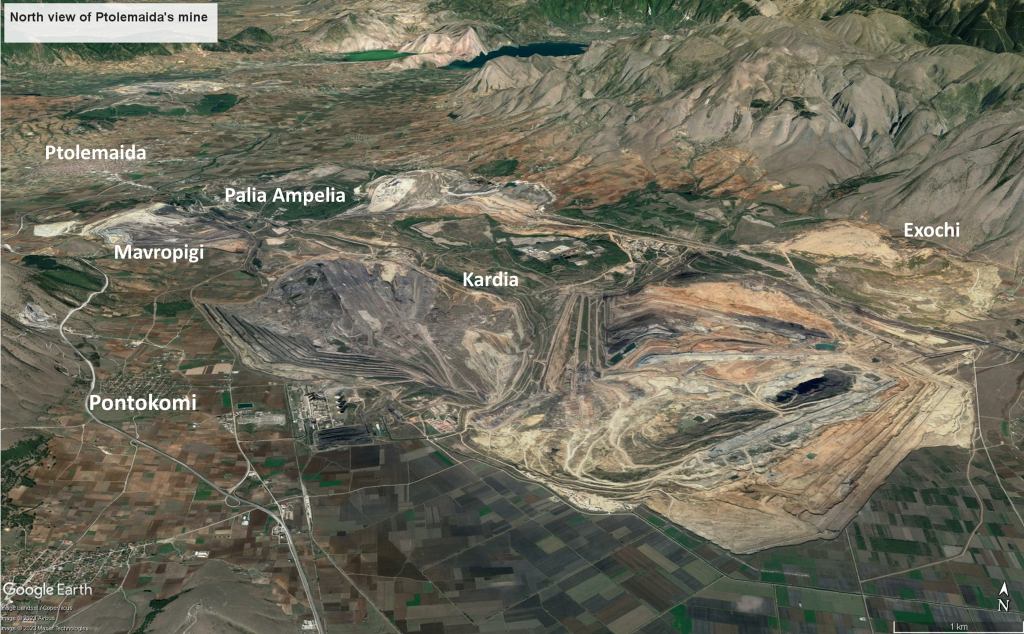In September 2020, the Greek government submitted its Just Transition Development Plan (JTDP), to the European Commission as part of the Paris Agreement, presenting the actions that need to take place in order regions undergoing transition to experience an effective and smooth development towards green energy. The European Commission approved the JTDP in June 2022, offering financial support of €1.63 billion, of which €1.38 billion are provided through the JTF Programme. More than half of the funds offered are going to support new and existing companies, simultaneously creating a more direct connection between companies and the Research and Innovation sector. About 20.4% of the remaining financial support will be used to help the economy in these regions through the creation of new jobs, as well as upskilling and reskilling of workers that are affected by the transition process. The last share of fund will focus on helping with the energy transition, land use adaptation and circular economy.
Whith regards the energy sector the economic support offered is expected to be used towards the:
▪ Construction of photovoltaic parks and Green Hydrogen production unit
▪ Creation of Industrial Electromobility Park-development of electromobility products (lithium batteries)
▪ Development of intelligent cultivation-hydroponics
The overall goal of the transition phase is to close all the operating lignite plants in the country by 2028, leaving only the power plant “Ptolemais V” to operate until then, mainly focusing on de-carbonisation of the Western Macedonia and Megalopolis Regions (red colour in Fig. 1). In addition, islands located in the North-South Aegean together with Crete will be supported during the coal phase out.

Western Macedonia spreads in an area of 9,451 square kilometers (red colour in top right corner of Fig. 2), which is equivalent to 7.2% of the Greece’s total area. For decades, lignite industry has played a crucial role in its local economy. The mining, energy, and water sector accounts for 38.65% of the total Gross Value Added (GVA) in the Western Macedonia region. Moreover, it plays a significant role in the GVA of 50.36% and 39.4% in the regional units of Kozani and Florina, respectively.
 Fig. 2 Western Macedonia Region with areas of interest around the city of Ptolemaida (source Pavloudakis et al. 2020)
Fig. 2 Western Macedonia Region with areas of interest around the city of Ptolemaida (source Pavloudakis et al. 2020) Fig. 3 North view of the Ptolemaida open-pit coal mines (source Google Earth Pro on July 11, 2023)
Fig. 3 North view of the Ptolemaida open-pit coal mines (source Google Earth Pro on July 11, 2023)
The transition phase in the Region of Western Macedonia and Megalopolis is expected to take place via three main aspects: a) employment protection, b) compensation of the socio-economic impact of the transition and c) energy self-sufficiency of lignite areas and the country at large. The vision for the “next day” in the transition regions is based on the following five development pillars:
• Clean energy
• Industry, small industry and trade
• Smart agricultural production
• Sustainable tourism
• Technology and education
